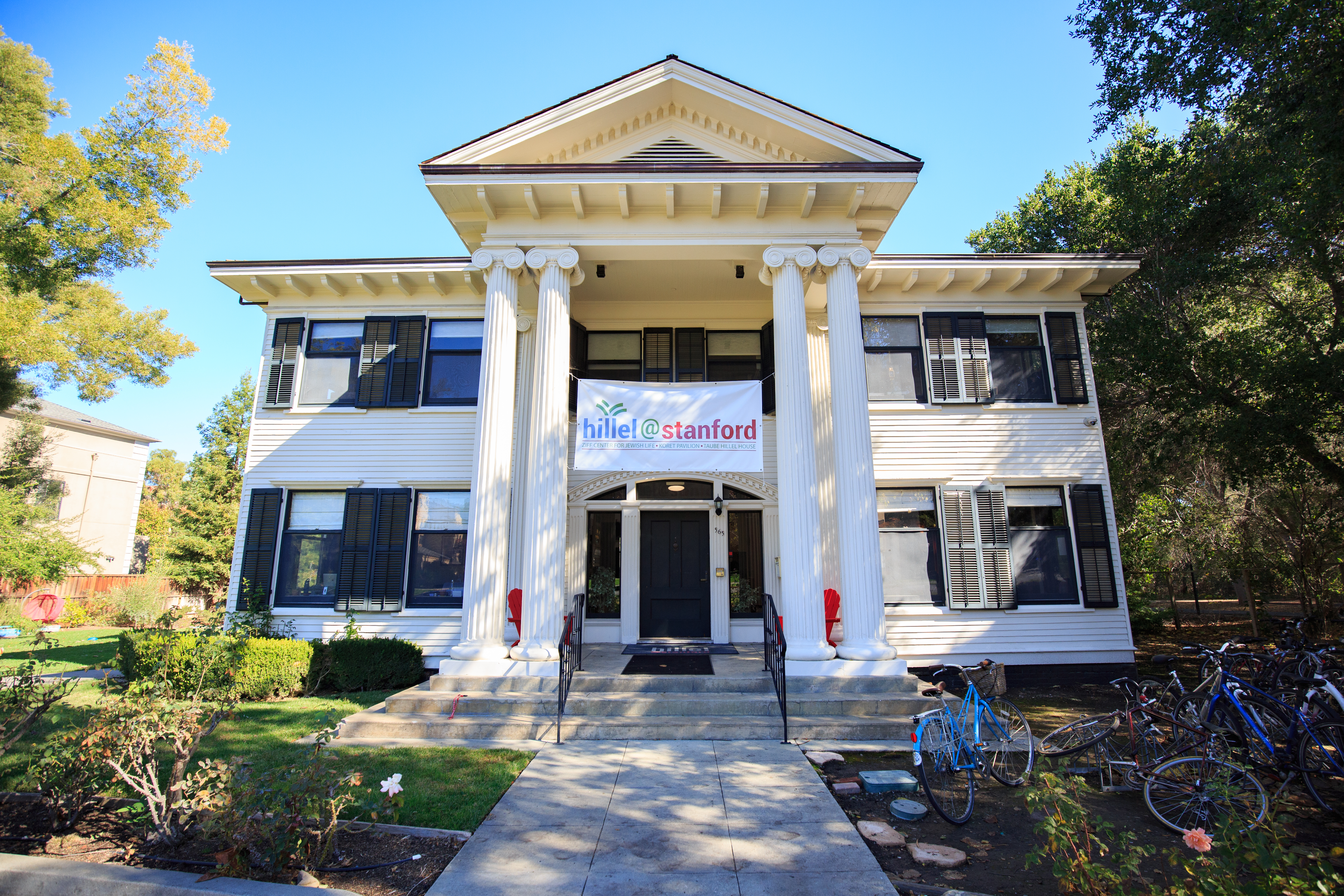This article contains references to antisemitic incidents.
This article has been corrected to clarify that Stanford’s task force confirmed, but did not initially discover, that Jewish student admissions were limited in the 1950s. The Daily regrets this error.
The University expressed support to “every student who has been hurt in some way by” the recent news around antisemitism and intolerance, both around the world and on Stanford’s campus, in a Thursday email to the student body.
“Stanford stands with the Jewish community in vehemently rejecting antisemitism. While acts of racism and intolerance are not new, they remain alarming and hurtful,” wrote University leaders.
The email was sent by Vice Provost for Student Affairs Susie Brubaker-Cole, Dean of Students Mona Hicks, Samuel Santos Jr., Dean for Religious and Spiritual Life Tiffany Steinwert and Campus Rabbi Laurie Hahn Tapper.
The email cited recent incidents of on-campus antisemitism, including a report that a mezuzah — a sacred object containing parchment with Jewish prayer — was torn from a door frame on campus on the last day of Rosh Hashanah
The email also covered recent acknowledgments on campus regarding antisemitic practices in the past, including the University’s efforts to suppress Jewish student admissions in the 1950s. The University’s historic antisemitic practices were recently confirmed by a task force, which led President Marc Tessier-Lavigne to release an apology in an email on Oct. 12, promising to move forward to “enhance Jewish life on campus.”
The email also follows a wave of antisemitic incidents across the country. The email did not identify specific events by name, but referred broadly to the “sad news describing unacceptable acts of harm, violence, and intolerance across the country and on our campus.”
The FBI warned of a “broad threat” to synagogues in New Jersey on Nov. 3, and prominent artist/rapper Kanye West threatened on Twitter in early October that he would “go death con [sic] 3 On JEWISH PEOPLE,” provoking a group of demonstrators in Los Angeles to hold up Nazi salutes and display a banner over a large overpass which read, “Kanye is right about the Jews.”
“The goal or impact of these acts and other acts of bias and violence is to intimidate and disempower; we condemn these efforts in their entirety,” the email said.
An email from the University at the end of summer also acknowledged that the first day of classes coincided with Rosh Hashanah, recognizing that Jewish students on campus could feel “invisible” and “disconnected” from the University community.
“While this isn’t the intention, the impact is understood,” Brubaker Cole and Steinwert wrote in the Aug. 29 email.
On Oct. 19, “Munich” writer Tony Kushner came to campus and discussed Tessier-Lavigne’s apology, saying “young people shouldn’t be spared hearing about injustice just so that they can continue to exercise their privilege.”
The Nov. 3 email also shared various resources on campus for Jewish students as well as any students who identify as part of a marginalized community, including Hillel at Stanford, the Taube Center for Jewish Studies as well as Stanford Against Hate.
“While the world we live in today feels far from the world we seek, Stanford has long been a place of optimism and action,” the email said.
